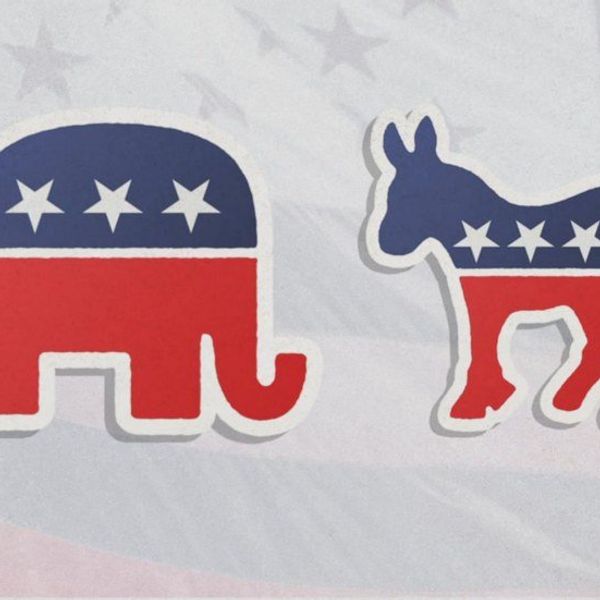Ahh, the Electoral College — a source of much boredom, confusion, and frustration for Americans, especially among young voters. Every election year sparks debate over our electoral system’s legitimacy, even though few fully understand how the Electoral College works or why it exists.
It’s no surprise that many of us are misinformed on the subject. After all, the Electoral College is complex and confusing. To understand how the president is elected, you need some basic civics knowledge and background information. Figuring it out on your own can be a long, irritating process.
This video documents one man’s internal struggle to comprehend the Electoral College. He actually does a good job of explaining the college’s structure and the ongoing debate.
The reason the Electoral College debate never ends is because there are good arguments both for and against it. Here are some of those arguments.
The Question of Democracy
Many people oppose the Electoral College because it elects the president indirectly. One of this country’s founding principles is a democracy, although we don’t actually live in a real one. In a true democracy, voters would elect the executive directly, with each vote tallied toward a specific candidate.
Some say a true democracy is impossible to sustain in a republic this large. It can also be argued that a direct democracy can suppress the voice of minorities. So, the Electoral college assigns each state a certain number of electors, giving smaller, less populated states more say in the election’s outcome.
Popular Vote vs. Electoral Vote
When people talk about direct and indirect elections, the issue of the popular vote usually makes its way into the conversation. Thanks to the structure of the system, a candidate for president can win the majority of electoral votes (270 to be exact) without actually winning the majority of popular votes cast by the people. In the 2000 election, for example, Al Gore won the most individual votes yet lost the general election to George W. Bush. This has only happened three times in U.S. history.
Voter Discouragement
Sometimes the Electoral College can discourage voters from going to the polls, especially voters who do not agree with the majority in their state. A Democrat in Louisiana may feel his or her vote does not count because he or she knows the majority will vote Republican. And if the majority votes Republican, all of Louisiana’s electoral votes will most likely go to the Republican candidate. This is a good segue into the next argument, the risk of faithless electors.
The Risk of Faithless Electors
When you voted for a presidential candidate, you weren't actually voting for Donald Trump or Hillary Clinton. Instead, you were voting for your state’s Democratic or Republican electors. Voters choose the electors, who are then expected to vote their party lines in the second phase of the election, which occurs in December.
Most Louisiana citizens voted for the Republican electors, which means voters expect their eight electors to vote for Trump come December. Here’s the catch — electors are not legally obligated to vote for the candidate their state has chosen. If they wanted, all eight of Louisiana’s electors could give their electoral votes to Clinton, even though they pledged to represent the majority of Louisiana. Electors that vote against their state’s majority are known as “faithless electors.”
Attention from the Candidates
Another argument in support of the electoral college concerns where candidates focus their campaigns. If the United States elected by popular vote, candidates might focus their attention on highly populated areas and ignore smaller, rural areas. The Electoral College forces candidates to campaign all over the country. To win 270 electoral votes, candidates cannot ignore certain areas. The system makes smaller states more relevant in the election.
On the other hand, some say the Electoral College prompts candidates to focus on key swing states that often decide the outcome of the election. States like Ohio, Florida and Iowa have reputations as battleground states because they can swing toward either major candidate in any given year. Battleground states usually garner the most campaign effort from presidential candidates. Opponents of the Electoral College say an election based on popular vote would push candidates to campaign more evenly across the country.
In hindsight, you may be more confused now than you were before you started reading. Don't worry, it's totally normal.
The Electoral College debate will likely continue for some time, although a change in our electoral system is less than probable. Such a change would require a constitutional amendment and majority approval from a country that seems divided on pretty much everything.





















